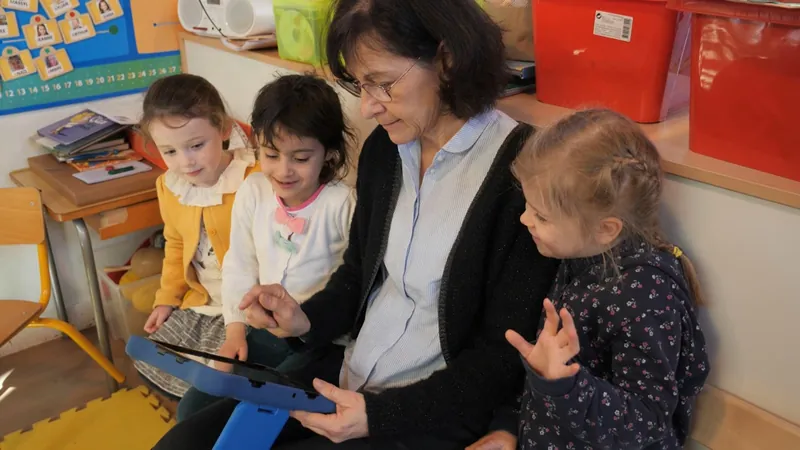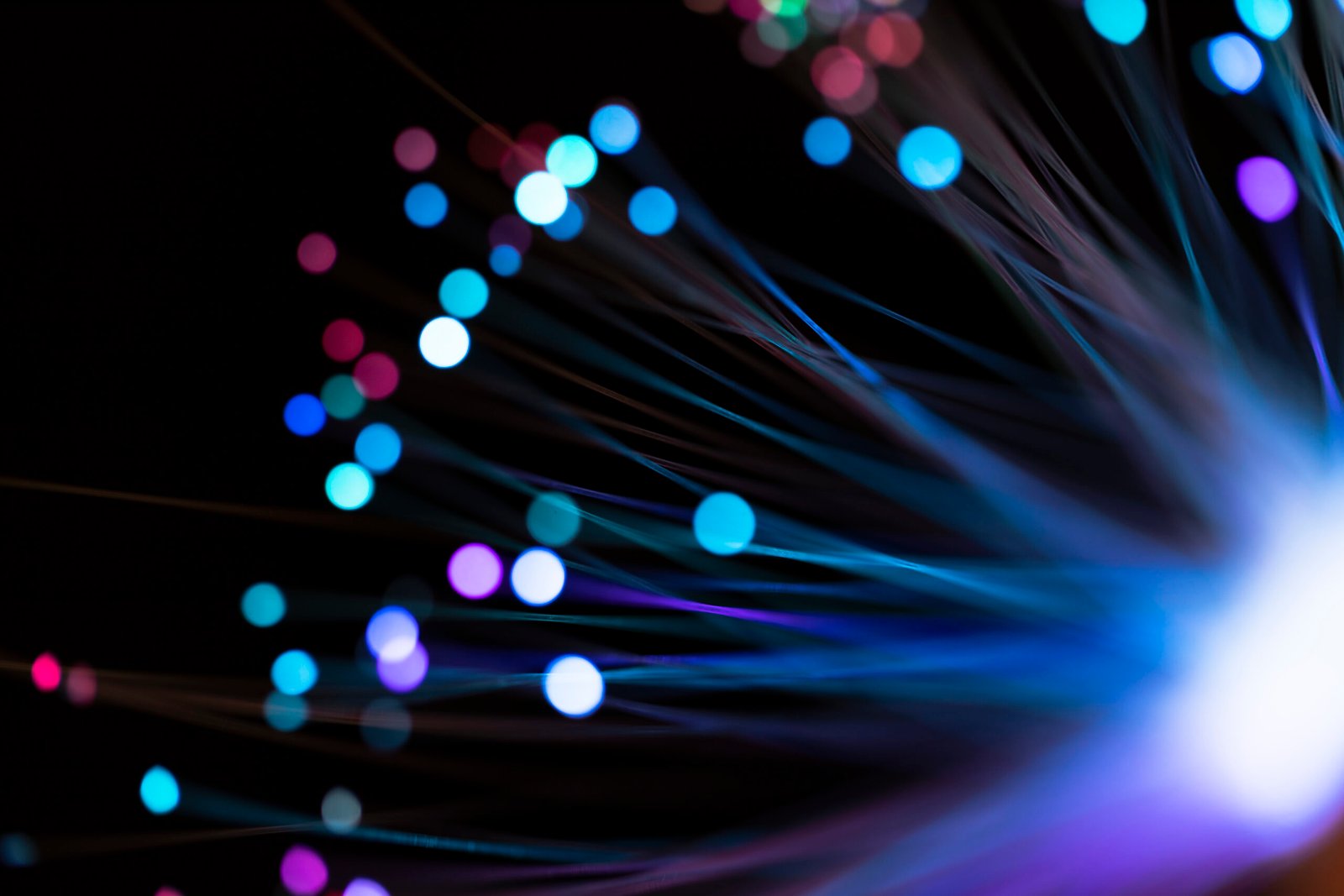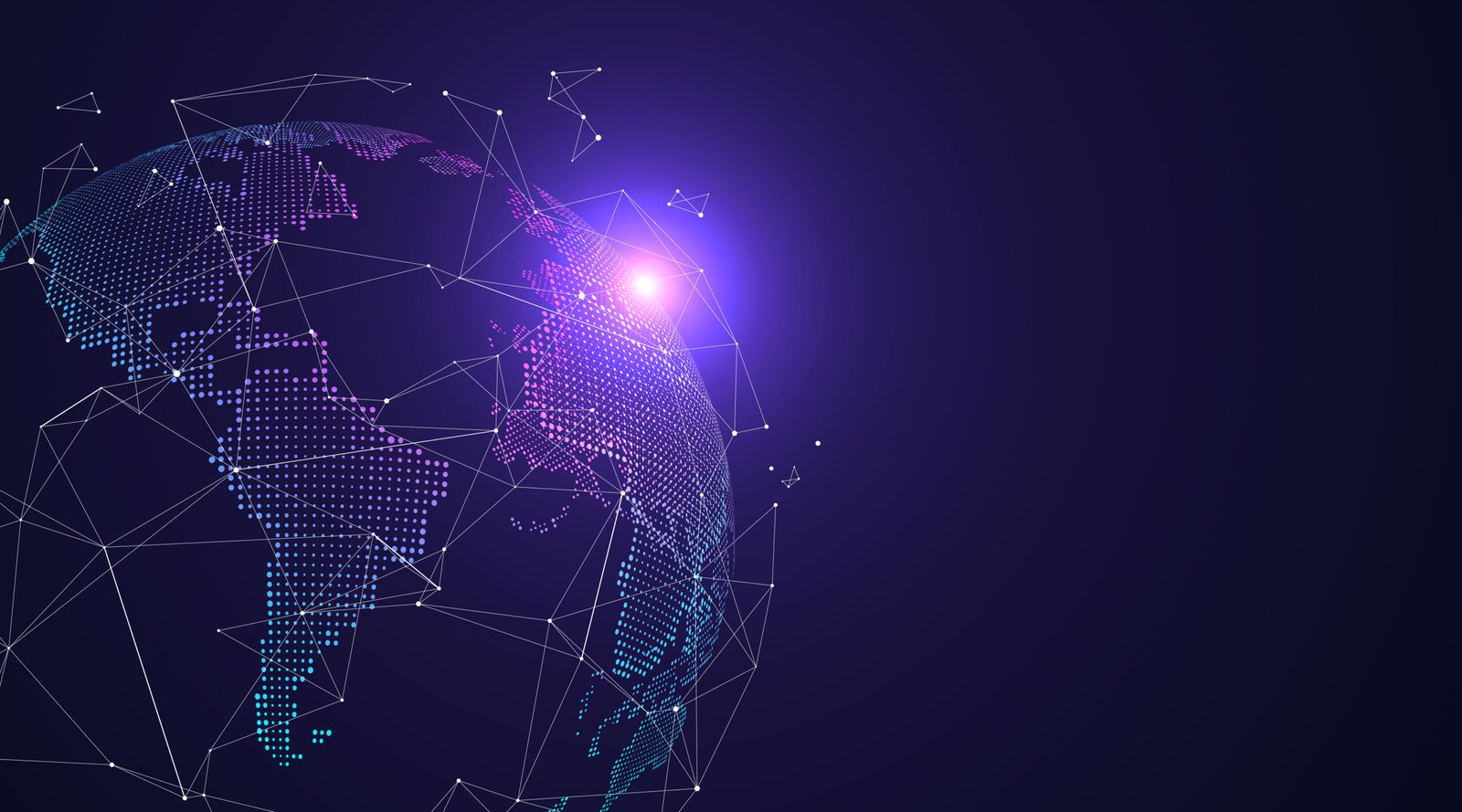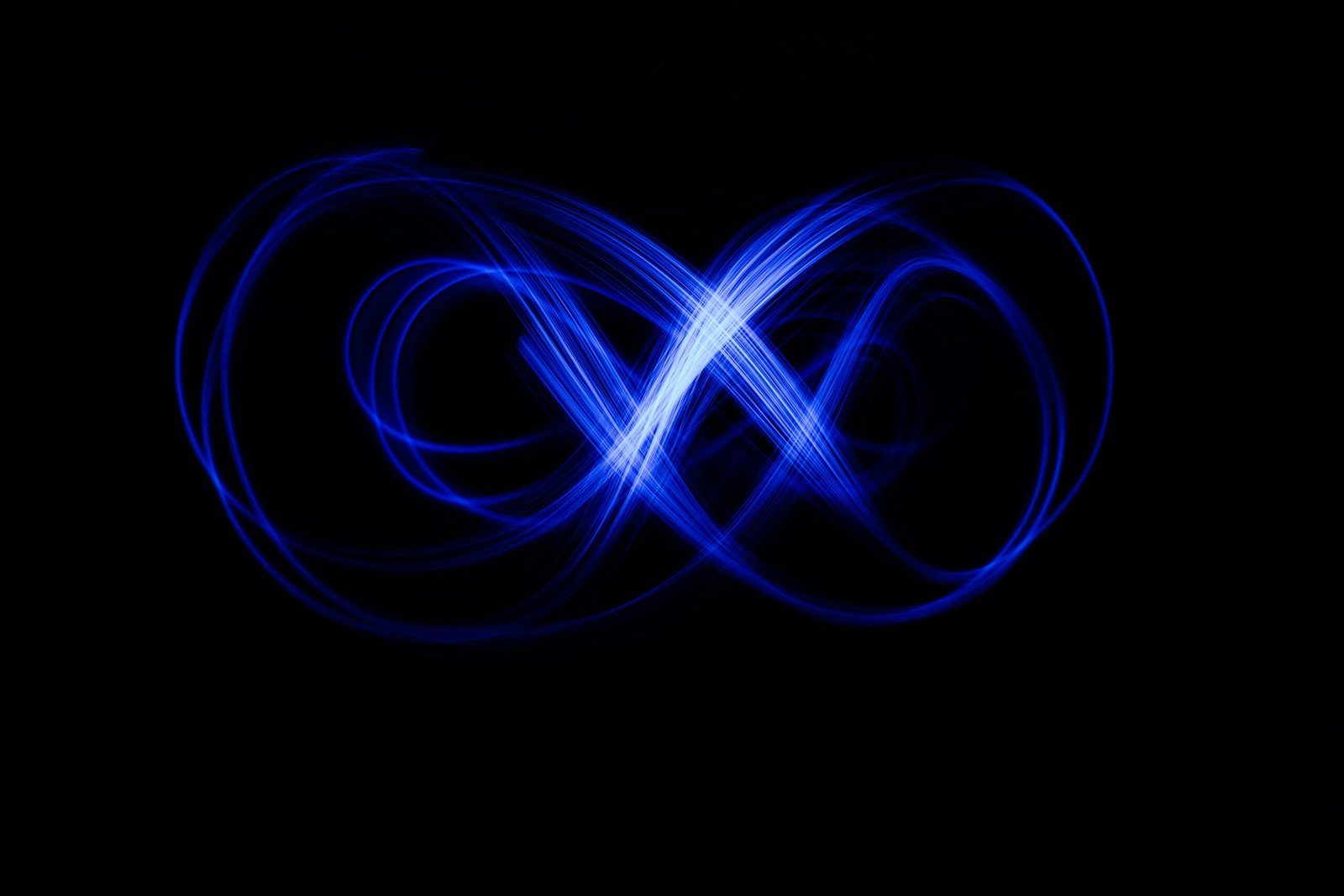
LiFi for the first time in a Paris region kindergarten
The democratization of LiFi for education continues at light-speed: Oledcomm has installed a LiFi system in the Chantefleur kindergarten in L'Isle-Adam, France.

LiFi in kindergarten
The democratization of LiFi for education continues at the speed of light: Oledcomm has installed a LiFi system in the Chantefleur nursery school in L'Isle-Adam, France. The school becomes the first kindergarten in the Paris region to be equipped with this technology. This is a symbolic step forward for LiFi and for the education sector, which promises great educational opportunities.
The challenges of digital education
Accelerated by the health crisis, the development of digital uses for educational purposes has become a central issue in education. In a world that is evolving towards more and more digitization, it has become essential to provide children with new tools to develop digital skills.
However, while policymakers have had the will to implement such schemes, obstacles have so far hindered their intention.
The Abeille law on sobriety, transparency, information and consultation regarding exposure to electromagnetic waves, enacted in 2015, notably banned the use of Wifi in areas reserved for reception, rest and activities within establishments that cater to children under 3 years of age.
This regulation is part of a context of concern about the radio frequency waves used by WiFi, whose health effects are questionable and worrying, especially for vulnerable people and young children, whose brains are still developing.
More than a simple ban, the Abeille law is a legitimate incentive to look for alternative technologies to WiFi where radio frequency waves are a problem. This is where LiFi, a light-based internet connection technology, comes in.
The benefits of LiFi in preschools
If the Chantefleur nursery school decided to take the plunge and equip its classrooms with a LiFi installation, it is because this technology is an ultra-efficient, healthy, reliable and regulatory alternative to traditional technologies.
- LiFi works without radio frequency waves and thus responds to current public health issues by allowing children to evolve in a healthy environment.
- It consumes about 50% less electricity than conventional technologies and therefore also responds to the concern of sustainable development of communities
- LiFi allows children, and even toddlers, to safely access a fun way to approach certain topics in their learning.
- Thanks to its ultra-fast and latency-free connection, LiFi offers teachers the possibility to set up rich and varied educational activities without health risks, but also to communicate with parents and other students.
- The LiFiMAXTab tablet with built-in LiFi makes it easy for kids to get started. It's wireless, so students can interact with each other and other classes in the school can benefit from LiFi, even if they don't have an installation.
- With this diversification of teaching materials, children who have difficulty with paper-based materials (due to visual or learning disabilities, for example) now have additional and more accessible ways to develop their skills.
- Installing a LiFi system in classrooms is quick, simple and unobtrusive. There is no need to consider major work and make the room inaccessible for several days - it takes just one afternoon to equip a room
Recent articles

Categories
See some more...




